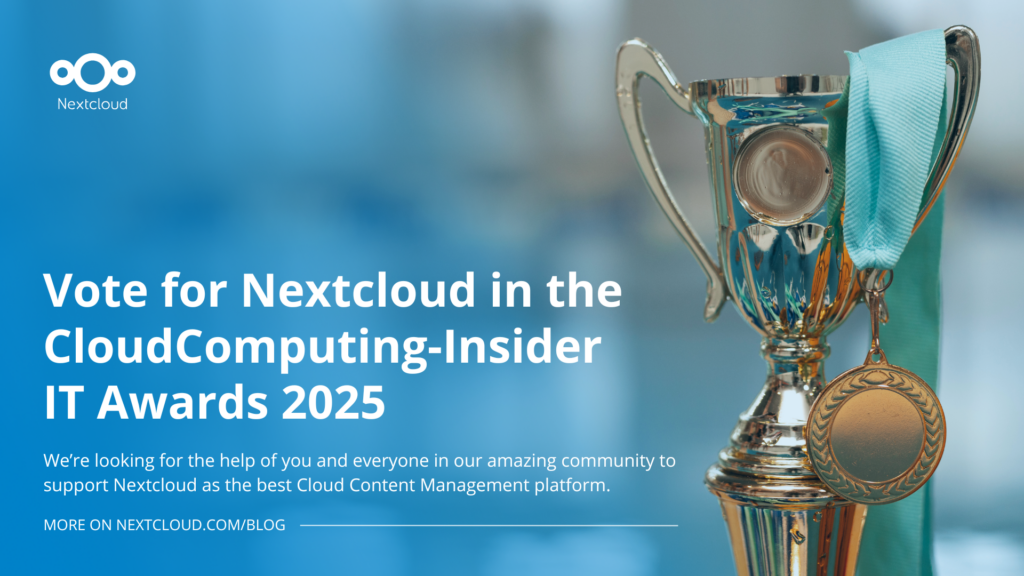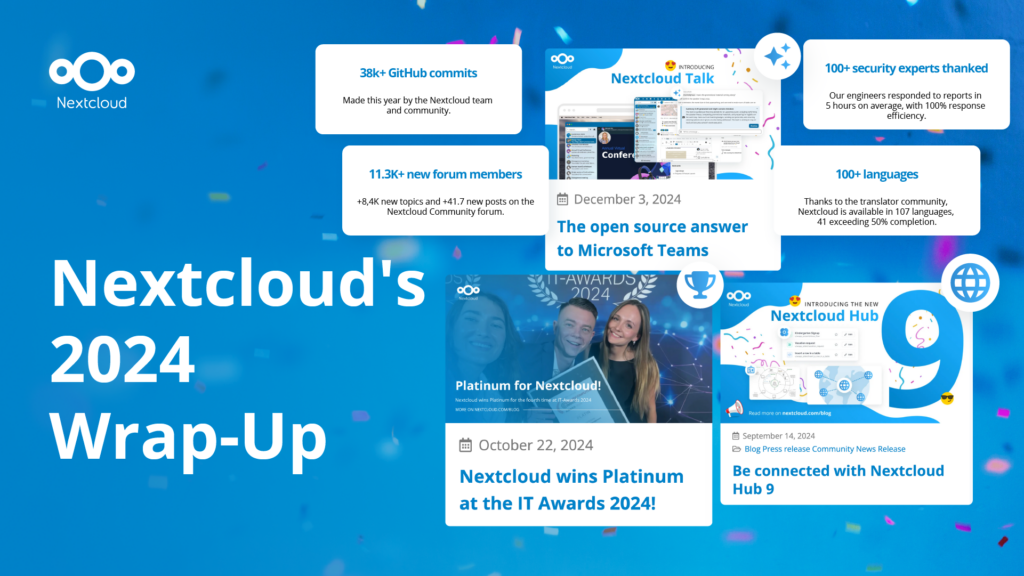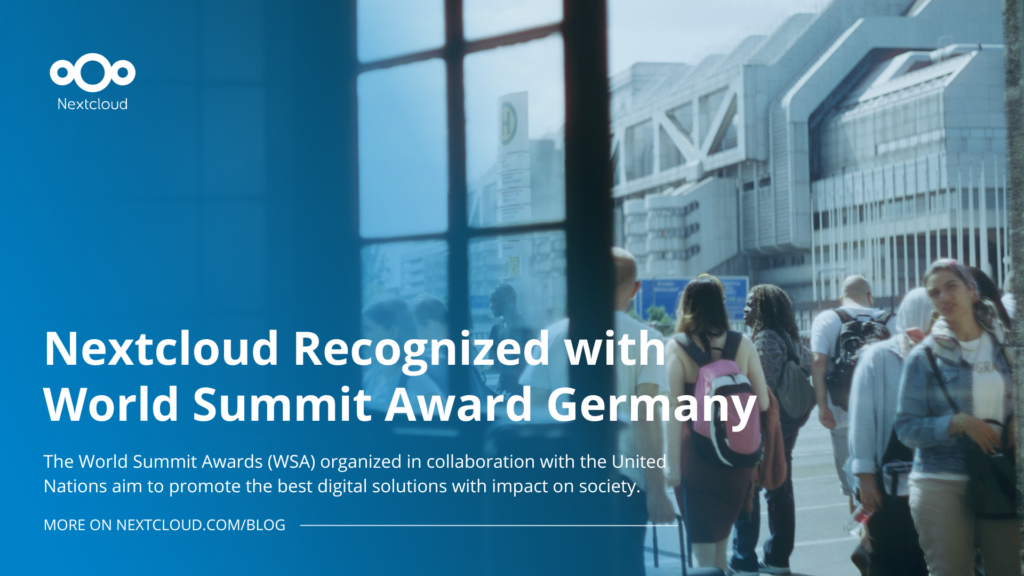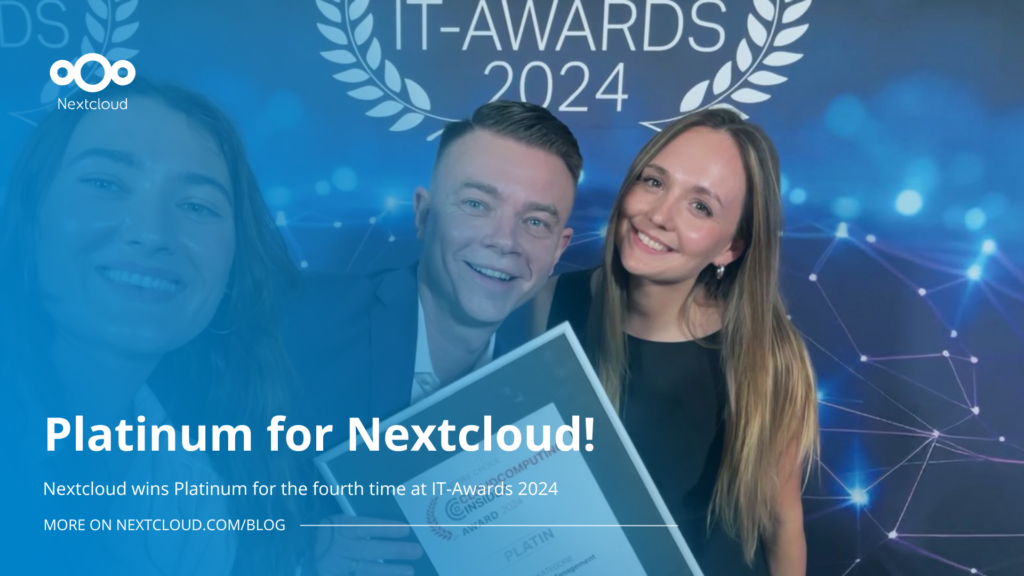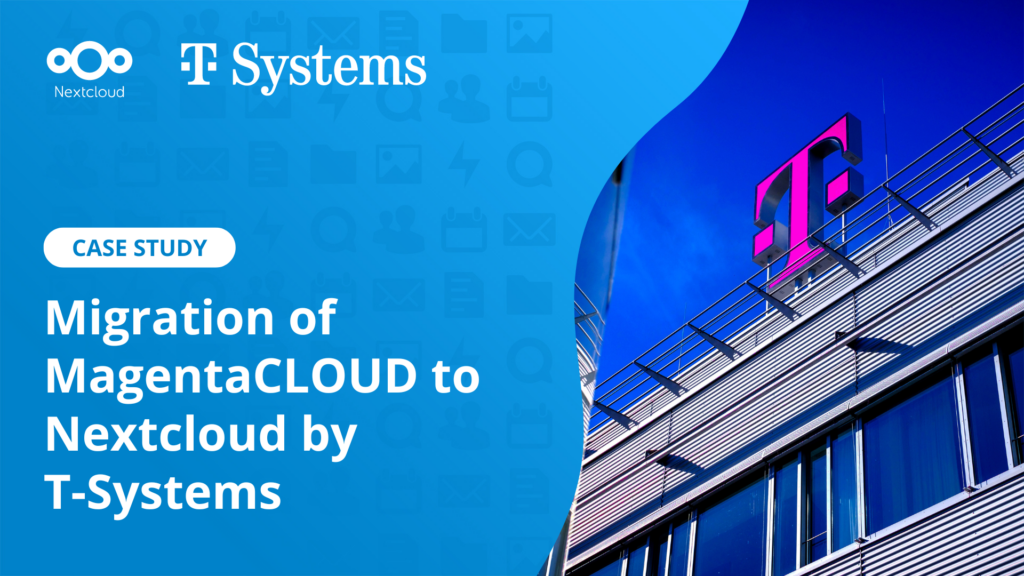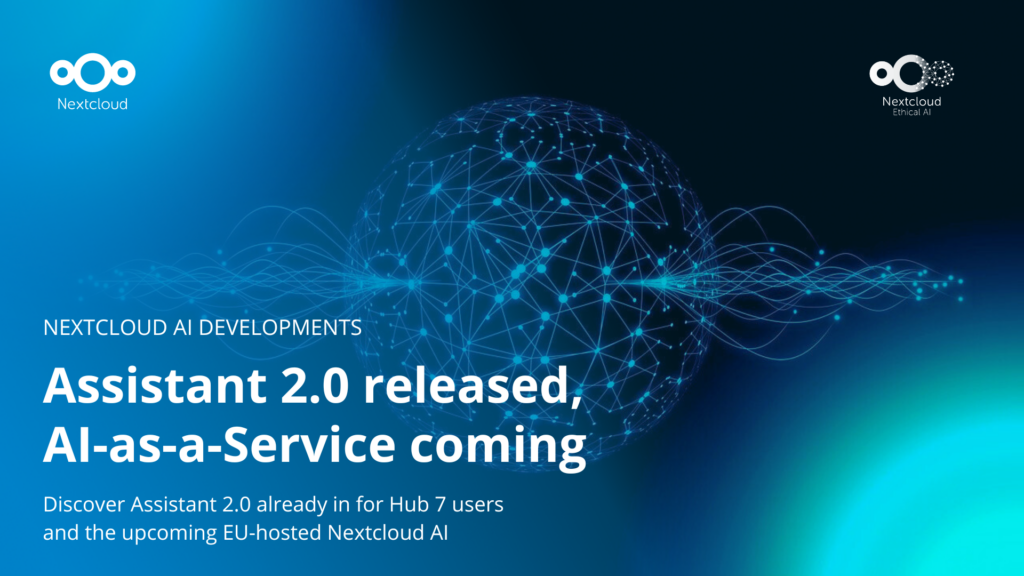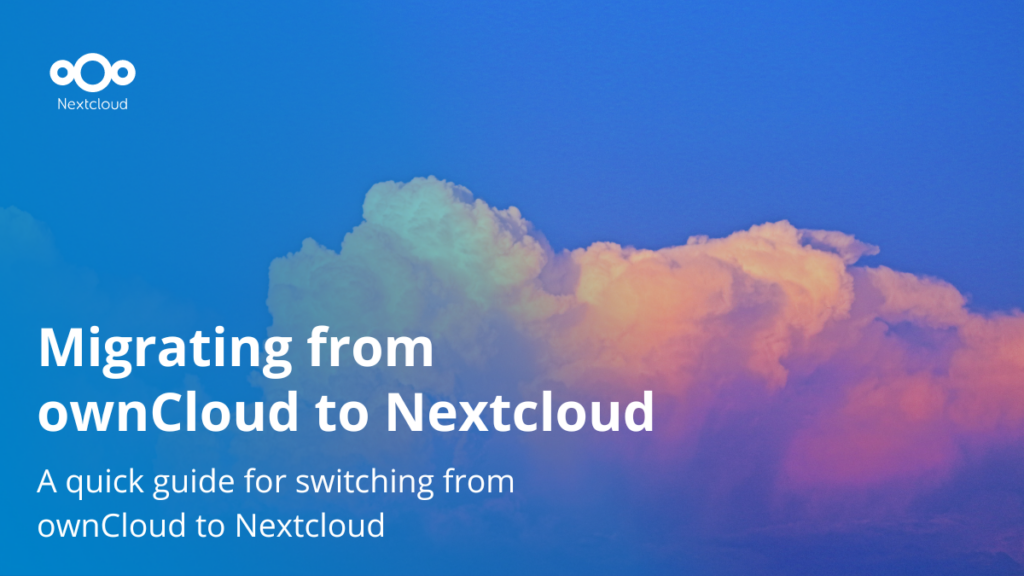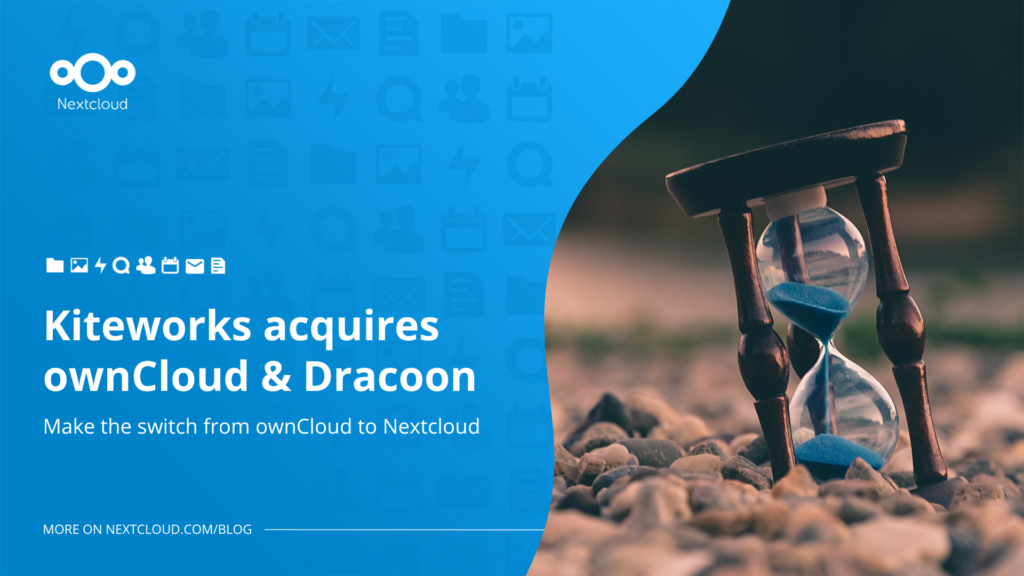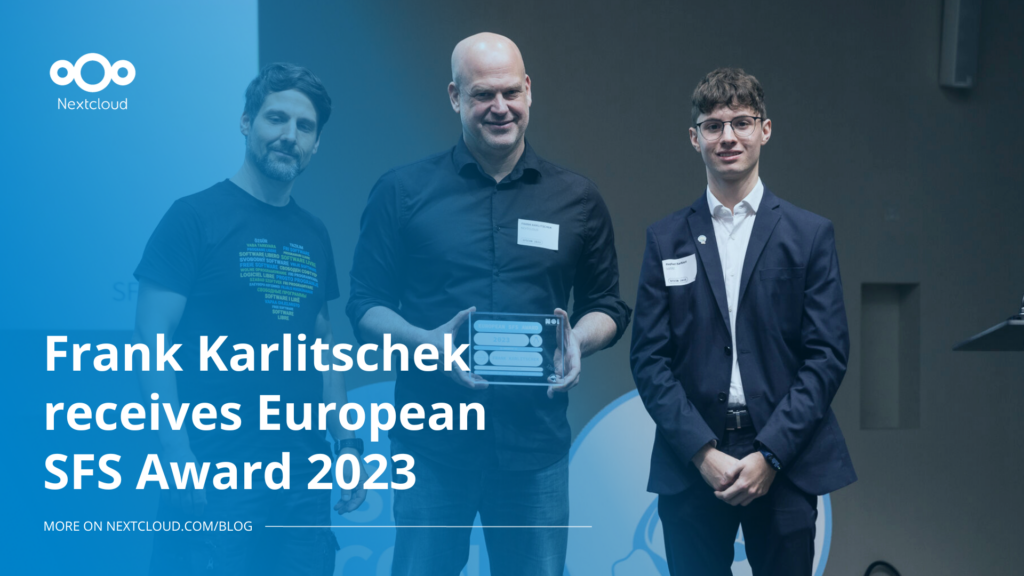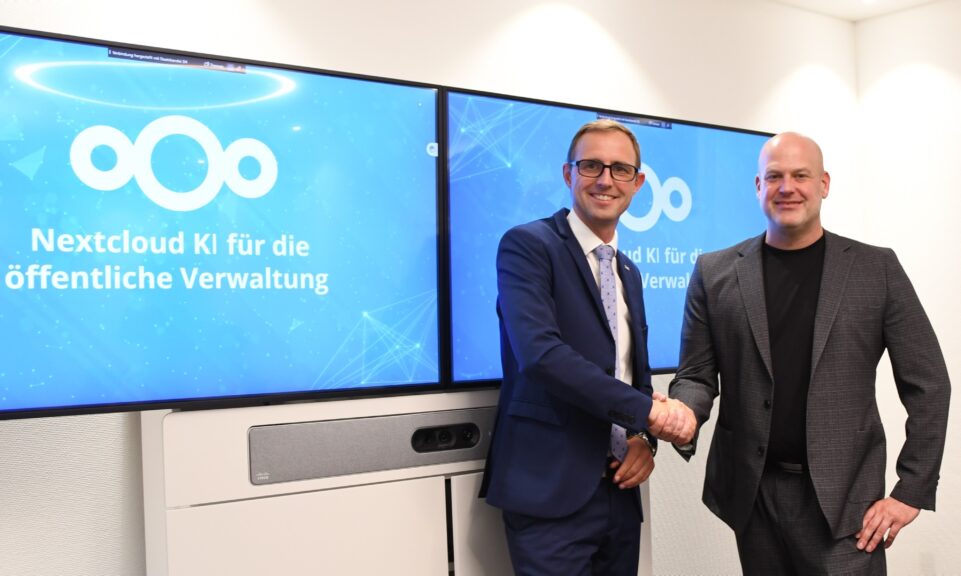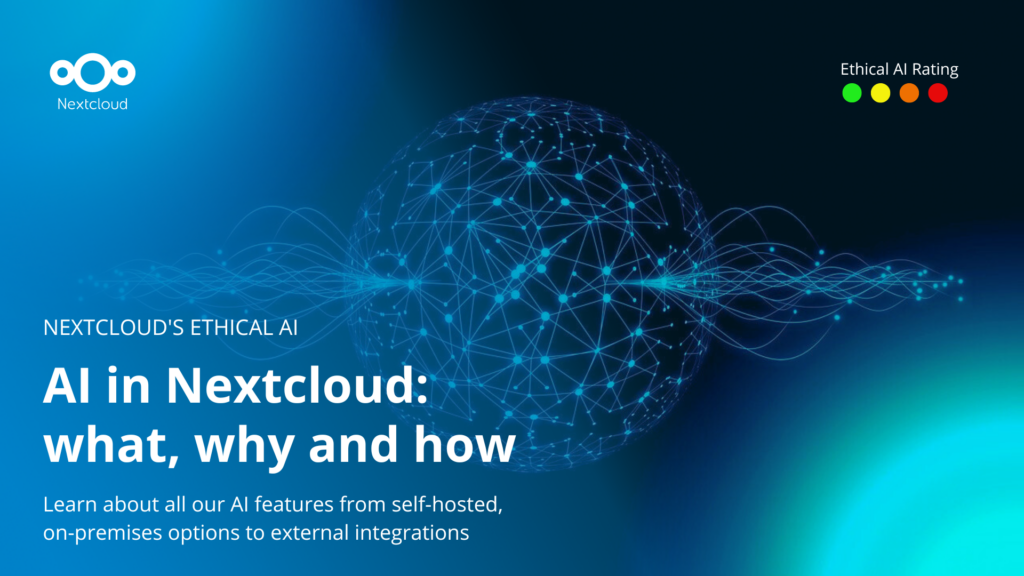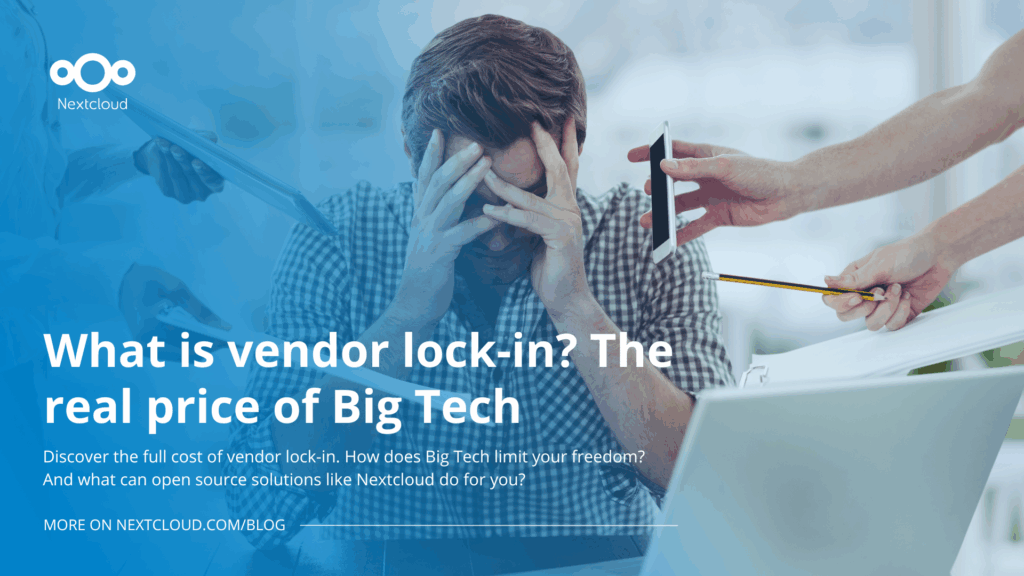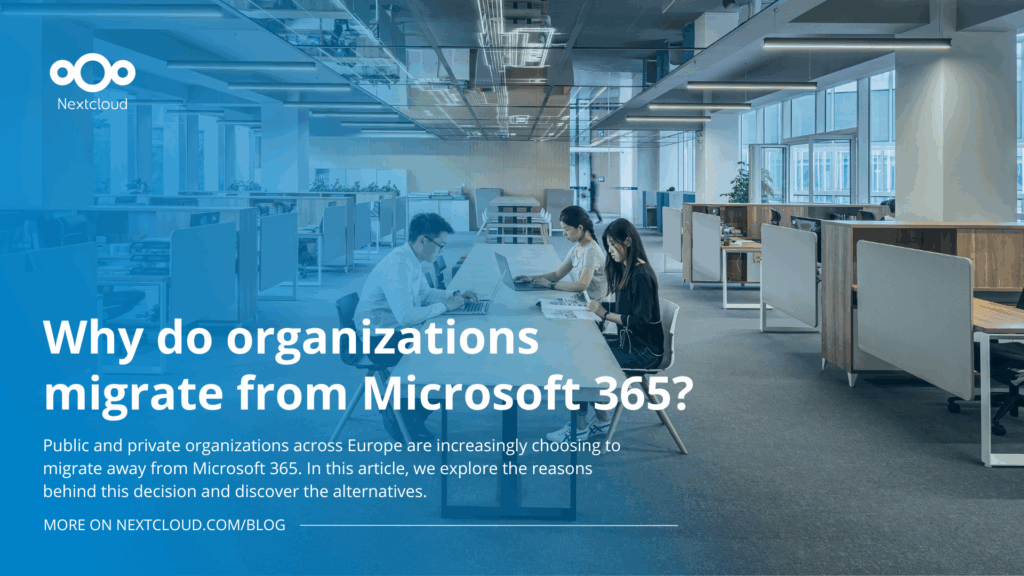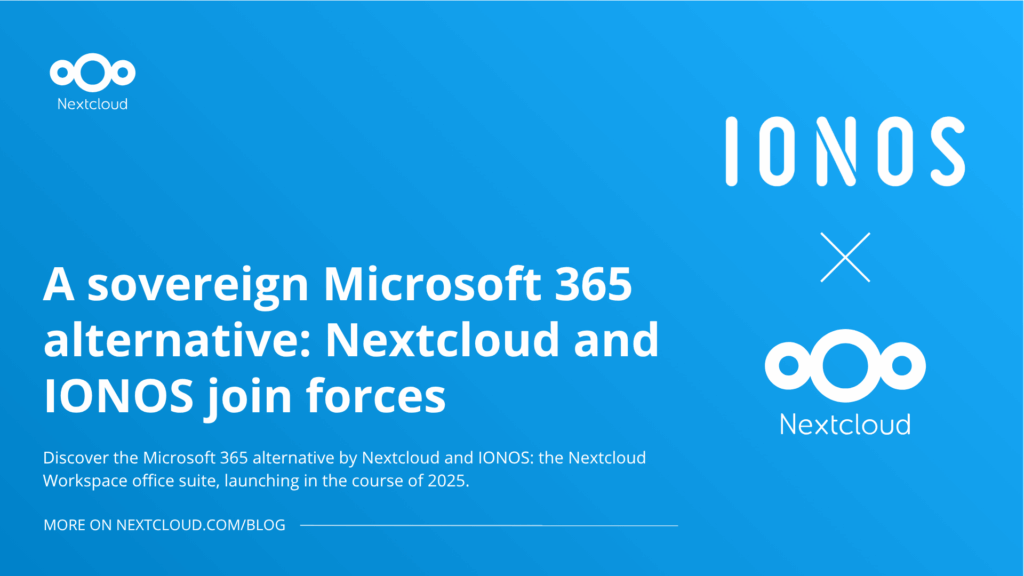Why Enterprise needs Collaboration
Guest post by Swapnil Bhartiya
As everything is moving to the cloud, so is storage. According to a survey by Markets and Markets:
The cloud storage market size is estimated to grow from USD 23.76 Billion in 2016 to USD 74.94 Billion by 2021, at a CAGR of 25.8% from 2016 to 2021.
However, there is one interesting pattern that we are seeing. Despite this growth, the market share of Dropbox is declining whereas both Google and Microsoft are growing. There are no clear indicators why Dropbox is losing to these two companies. But there is one pointer: both Google and Microsoft offer much more than simple remote storage and file sync. Google Drive and OneDrive are more than cloud storage solutions, they are collaborative platforms.
Industry-wide move
Last week I was covering DockerCon and OpenStack Summit and I met many executives and developers and asked some questions around remote file sync and storage service. One thing was abundantly clear. In a personal capacity they all use Dropbox like solutions to keep a backup of their files on the cloud or to be able to access across multiple devices. These files are meant for single consumption. But things change in the company set-up, they use cloud based storage solutions for one and only one reason – sharing and collaboration.
I talked to one of my friends who works at Dropbox and while I can’t disclose her name however she admitted that there is a growing demand for collaborative features from enterprise customers. If you look at the commercial Dropbox offerings, including Dropbox for Business or Dropbox for Team they both have one common trait and emphasis: sharing and collaboration. In fact collaboration is the first highlight of Dropbox for business as you can see in the image from their website below.
Collaboration is key in 2017
Companies don’t need files to sit on remote servers, aka cloud. Companies need these files to be shared within teams where they can collaborate on projects to eliminate the unnecessary to and fro of email and messages.
Collaboration goes beyond simply being able to work on the same files, it extends to additional features like online chat, calendar, notes and much more. Unfortunately, Dropbox lacks almost all of these features and that’s where OneDrive with its massive suite of Microsoft Office products and Google Drive with G Suites beat Dropbox.
Could that be a reason why more and more companies are picking feature rich solutions, at the same cost, instead of just remote file sync and storage services? Could be. Unfortunately, all three products that I mentioned above are non-free. Enterprise users have started to lean towards products that they can influence, products that they know are secure and do what they claim to be doing.
Video showing integrated team communication in Nextcloud 13.
Nextcloud positioned to lead
That puts Nextcloud in a very unique position. It started off as an open source alternative to Dropbox where users had complete influence over the future of the product. It evolved into a platform and has become something similar to Google Drive or OneDrive where you can add Office 365, Outlook, chat or Calendar like capabilities through third party projects.
But that’s not what makes it unique, what makes it unique is the collaborative capabilities that come with total regional control where you can actually restrict access to files based on the geographical location of team members. That’s something enterprise customers are going to value more as the political landscape around the world is changing.
Does your company care about collaborative features while needing complete control of regional control over collaboration? What unique needs do you have? Share in the comments below.









